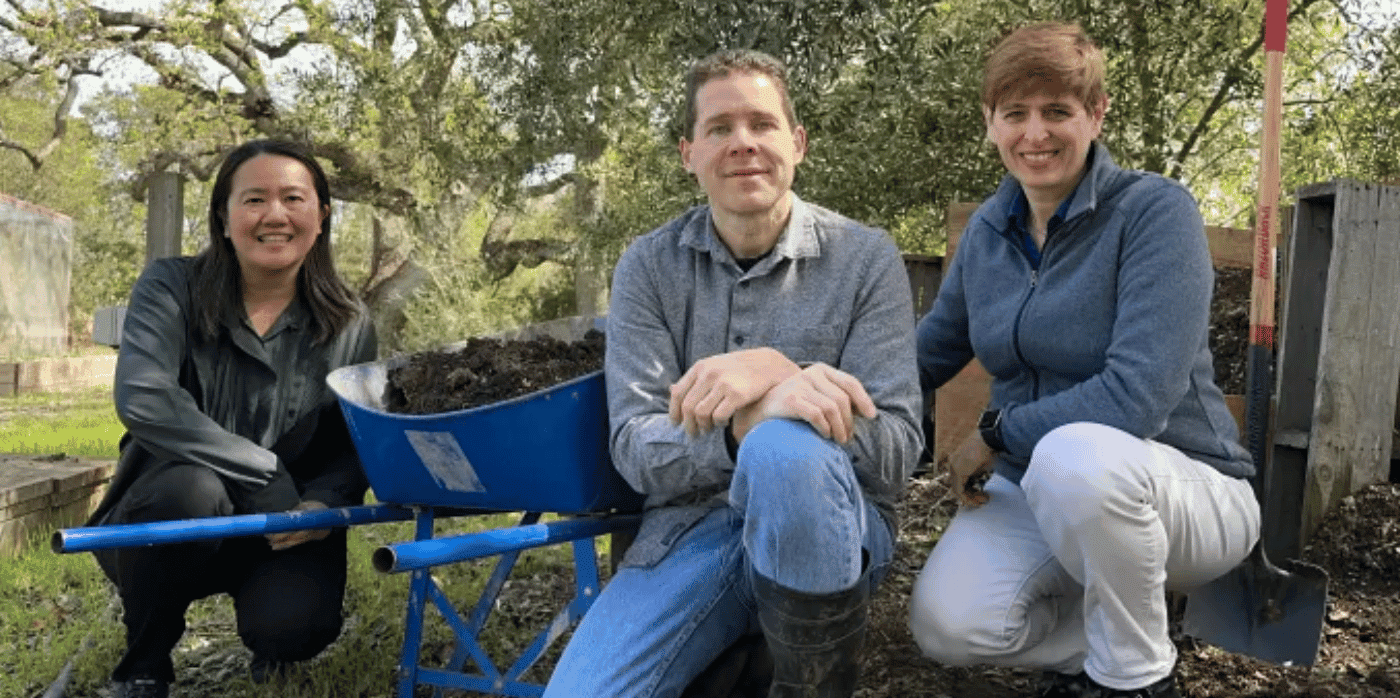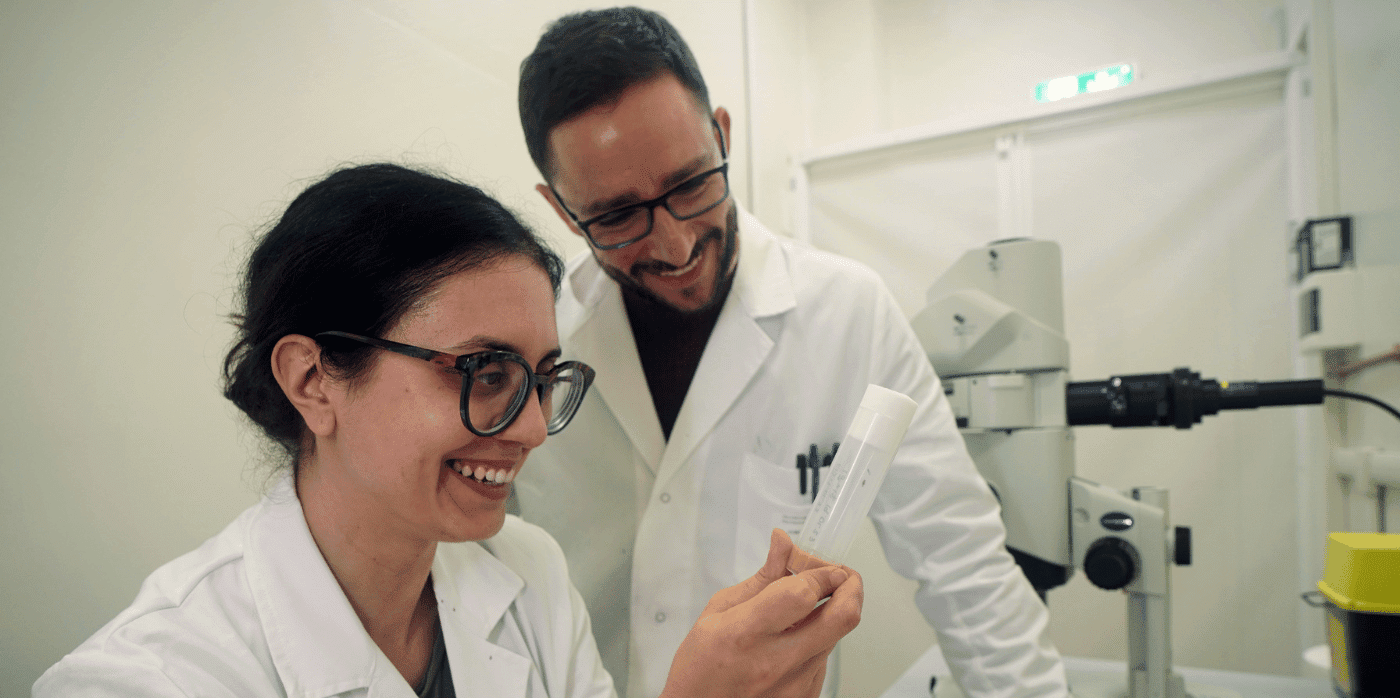Microbes turn harmful methane into soil nutrients

Spotted: The move to get to net zero is often focused heavily on CO2, but methane, which has an 84-86 times higher global warming potential than CO2 in a 20-year period, is also rapidly accumulating in the Earth’s atmosphere. One reason for the increase in methane levels is that conventional agriculture practices have degraded soil health, causing a loss of naturally occurring, methane-digesting microbes.
A solution being developed by agritech startup Windfall Bio involves capturing methane and transforming it into living organic fertiliser. Windfall Bio uses a proprietary, nature-based technology to capture methane and use it to enrich methane-eating microbes that are found in soils. These organisms consume the methane, while also capturing nitrogen from the air, and transform these naturally into organic fertiliser.
Windfall Bio’s process takes place on-site, allowing agricultural enterprises such as farms and dairies to transform waste emissions into high-value organic fertiliser. This can either be used directly or sold to organic farms to generate new revenue streams.
The company recently announced it raised $9 million (around €8.3 million) in a seed round led by Mayfield and venture fund Untitled, with participation from additional investors. The capital raised will be used to begin pilot deployments on farms and to accelerate research and development (R&D) activities. Windfall Bio plans to enter broad commercial deployment soon.
There is growing concern about the role of methane in global warming. Luckily, this concern is beginning to be met with new innovations aimed at reducing methane levels. In the archive, Springwise has spotted the use of seaweed to tackle methane emissions from cattle and a plant that turns manure – a major source of methane – into biogas.
Written By: Lisa Magloff





